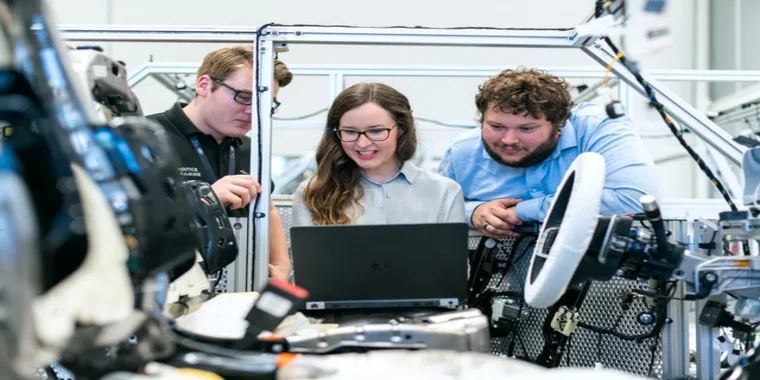The following topics will be discussed in this post.
The year is 2021. An AI overlord controlling a robotic army of mass destruction has yet to take over the world, but they are slowly dominating the manufacturing industry.
The predictions made in the mid-1900s about robotic world domination in the future have yet to come true; then again, nothing is impossible.
While robotics and automated machines are still under the control of humans, they are being maximized to their fullest potentials in the name of technological advancement.
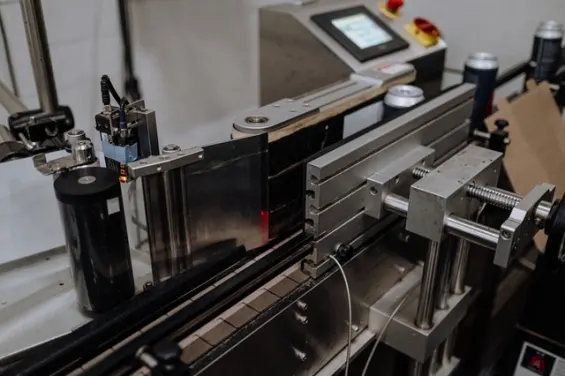
To date, countless companies all around the world have begun to shift their traditional factories into smart ones.
Devices, homes, and household appliances are not the only inventions given life through smart technology.
Manufacturing factories are also being turned into digitalized environments where efficiency and productivity thrive best. And this is all made possible through modern technology.
What Is a Smart Factory?
In a nutshell, smart factories are preexisting shop floor plants that have been adapted to the times. The previously time-consuming processes are now streamlined through comprehensive software solutions.
Furthermore, robots and automated machines have started to take over the manually laborious tasks that humans did before.
You can expect that everything inside a smart factory will be connected in one way or another through a secured private network.
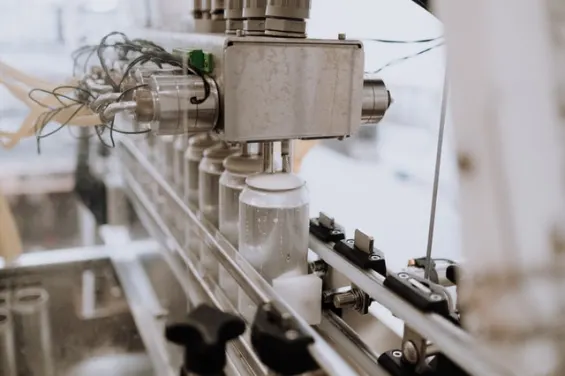
Smart factories are not only beneficial to the physical production of finished goods, but also other operational functions such as management, planning, product development, and supply chain logistics.
All the pieces of equipment, machines, and devices inside the smart factory can be difficult to monitor if you don't have a comprehensive management system.
Fortunately, there are robot management systems that you can use to detect and keep track of everything inside the same area network.
These comprehensive management solutions could also come with a shop floor control system that will allow you to collect all manufacturing data, support joint processes, and create progress reports based on productivity.
It would be even better if it comes with a built-in alarm system and data security software.
What Technologies Are Important in Smart Manufacturing?
The world is entering the fourth industrial revolution, or what is commonly known as Industry 4.0.
This age of technological innovation is characterized by continuously optimized applications of technology across all economic industries, but most specifically in the smart manufacturing industry.
Aside from the various applications of automation in smart factories, technologies such as artificial intelligence (AI), cloud computing, industrial Internet of things (IoT), and big data analytics are all necessary to maintain a fully integrated manufacturing operation.
Here's a brief explanation of why they are important:
Cloud Computing
Before cloud computing services existed, most businesses depended on on-site data centers to store and process all the data they need to operate.
This costed money on upkeep and maintenance, electrical power, and physical space to store the on-site servers.
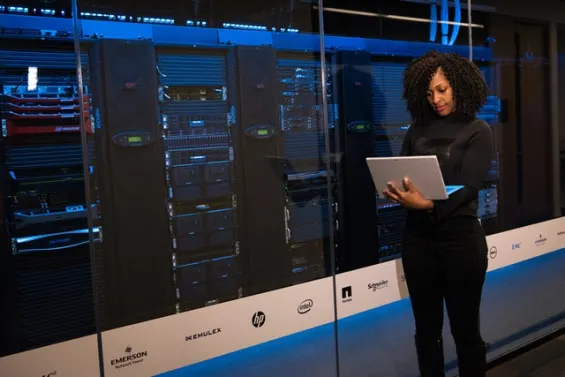
However, because cloud computing services use the public cloud, which is not bounded by physical limitations nor cost a lot to maintain, it can save businesses more money and space.
The interconnected devices on the shop floor can then upload large amounts of data in real-time without sacrificing data integrity.
Industrial Internet of Things (IIoT)
In the past, every piece of equipment on the shop floor is autonomous and will require manual operation by a human operator.
But in a smart factory, all devices, machines, and processes can be operated through a linked data communication system. This is the industrial Internet of things (IIoT).
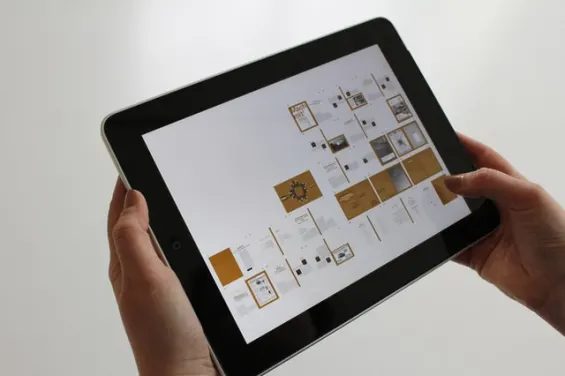
Through the IIoT, all these interconnected instruments can collect data points through their sensors, as well as facilitate the exchange of data between man and machine.
This allows for better operational efficiency and control, especially since it gives you an insight into how you can improve your manufacturing process.
Big Data Analytics
Losing a day's worth of data can indeed set your business back because all your data is necessary to keep operations running smoothly.
But aside from that, you also need to accumulate enough data so that you can create accurate insights regarding the efficiency of your processes and identify your areas for improvement.
By using big data analytics, you will be able to crunch large amounts of data to spot the error patterns within your operations in no time at all.

This gives you the data you will need to create informed decisions on what key metrics you need to focus on and how you can optimize your processes better.
The ever-changing demands of your consumers will only continue to increase through time; if you are not prepared to keep up with their demands, you're going to be overwhelmed and cease to exist.
But if you equip yourself with the right innovative tools and developments, sooner rather than later, you're going to be a force to be reckoned with in the manufacturing industry.
Read Next
The following articles are related to smart factory and automation: what’s new in manufacturing.

